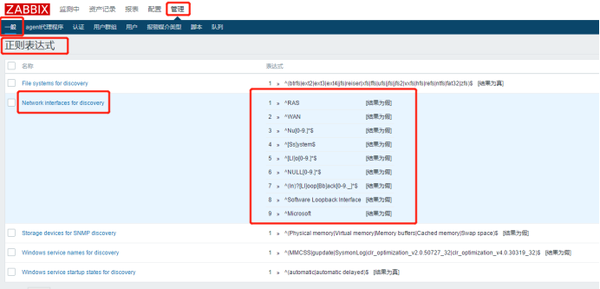


The following script will use Zabbix API to list all Proxy servers in your instance and convert the output to JSON format which is suitable for low-level discovery. The fuzzytime () trigger function allows to check for item value in/out of a specific time range, compared to the time on the Zabbix server.

# if your server is located on (web root) use I don't think there is an actual function for the current time of the zabbix server, but you can retrieve it from an agent using the system.localtime key. Then I suggests to associate a trigger to this item and use fuzzytime () function. If you're looking for a difference between each check, looking it storing values as a delta, rather than the retrieved value. and the item key is zabbix proxy, proxy unique name, lastaccess. It would be useful to allow specifying the range further - whether it's on both sides of now (), or whether only > or < of now () counts. Otherwise, we may keep using system.localtime + fuzzytime () for passive mode and new internal metric zabbixhost,localtime (without fuzzytime) in active mode. # if your server is located on (default) use The Zabbix proxy availability can be easily checked with the following item: the Item type is Zabbix internal. Description The fuzzytime () trigger function allows to check for item value in/out of a specific time range, compared to the time on the Zabbix server. For passive mode we would need to implicitly add system.localtime passive metric for each host or modify protocol. # enter bash environment under user 'zabbix' # owner for the dir must be user 'zabbix' # if directory do not exist then create it I found that out while going to latest data, checking the timestamp and converting it to actual time.# check what is a default 'home' location for user 'zabbix' When I configured the script to return a timestamp, I changed it to a different timezone instead of living it as it is, which actually compared the data with current time + 2 hours in the future :) so besides actually getting the triggers to work properly everything else is well configured. the problem is that it returns a critical error.
#Zabbix fuzzytime how to#
How to use templates from this repository Download and import a template into the supported Zabbix version. This repository is dedicated to templates that are created and maintained by Zabbix community. PGPASSWORD= -U -t -c "" | awk '=0 so if the last insert time is greater then 5 minutes to return a critical error. Zabbix public templates A place for community driven integrations with Zabbix. (In theory an isolated server should not be able to send notifications. I perform the query and send the output to zabbix_sender with the following template: #!/bin/bash Zabbix Server connectivity issues Template App Zabbix Server Zabbix Server is network isolated Template App Zabbix Proxy No connection from proxy Make proxy trigger dependent on this trigger in order to avoid misleading notifications. Ok so first thing I did is created a bash files at /etc/zabbix/mytools, get-last-insert-time.sh. it's probably not cause it's not working :) all I did so far is for googling, not sure if that's the way to go. If the last inserted row have a insert time of more then 5 minutes to product warning and 10 minutes to product error. I have a a table that I want to check a timestamp column for the last inserted row. I have a postgresql plugin configured and working properly so it checks my database metrics. I have Zabbix 4.4.1 installed on Ubuntu 19.10.


 0 kommentar(er)
0 kommentar(er)
